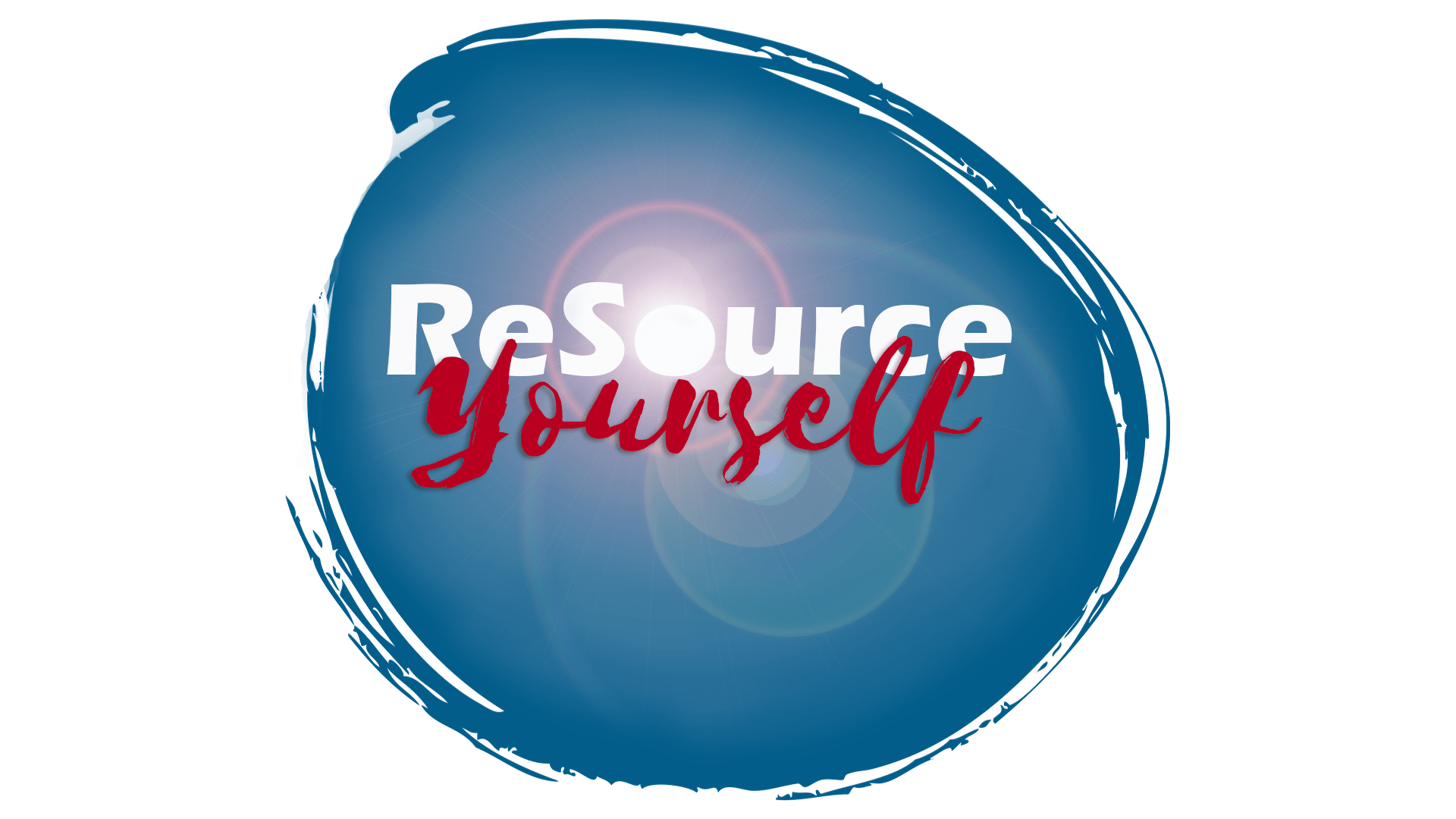How our mind creates and maintains patterns of dependence – and how to dissolve them
Yesterday, three clients told me things like “I turn into this needy person when I get into a relationship”. And it’s amazing and true: The strongest and most independent people can experience relationships patterns of dependence and addiction. So, I thought, it’s worth a blog post. Let’s look at what dependence is, how to detect it, and the typical mental patterns and thoughts that create dependence. And, of course, let’s look at HOW TO GET OUT OF IT!!!
- Are you sick of always the same cycle in your relationship(s)?
- Do you feel like you are playing a game in which the other person always moves towards you when you just decided to end it, or distance yourself?
- Have you broken it off a few times, but then find yourself at a point where you want to enjoy certain aspects, and get back in, only to return to the realization that you don’t want this?
- Is your relationship consuming too much of your energy and time?
If you’ve answered any or several of the previous questions with YES, chances are you are experiencing a dependent relationship pattern. I could call it addictive, because in many cases we really have the feeling that it’s bigger than us and we cannot get out. So we keep loosing energy and engaging in a process that cannot lead to what we are really searching for – a balanced and positive and loving relationship.
What is a dependent relationship?
You may say that it is natural for people to share and depend on each other – and you are right. In the traditional approach, the man brought the money and the woman took care of house and children, and that could work for both. But if one of the partners died, the other one found himself in a situation that apart from the emotions, even on a practical level, was almost impossible to handle. But extreme situations aside – it is true that for some couples it works to depend on each other and compensate the other person’s shortcomings – because they both do it and need it to the same degree. When there is a balance between giving and receiving, even dependence can feel good, and everybody gets their needs met.
The problem is not depending on someone. The problem is, if that person (or life) don’t give you what you NEED, you start feeling really bad, and many times you get triggered into patterns of survival, unhealthy behaviors that don’t benefit you on the long run, just to avoid certain emotions and suffering. I like to look at dependence from a different angle, it seems simpler: Whenever you experience suffering or you feel stuck in your relationship, it makes sense to ask: In what way am I needy? In what way do I need the other person to be different from who they are or want to be? In what way am I giving my power away to the other person? When we give our power away, we are vulnerable and just as the other person my fulfill our need, they may not. And that creates a whole set of emotions of insecurity, struggle, intents of control, anger, sadness and loss, and many more.
The ways we give our power away are manyfold: We use the other person to make us feel loved, attractive, alive, hopeful, active, supported, belonging, connected, grounded, safe… it can be anything that the other person makes us feel, that we perceive as conditioned to the presence and attention of this person. We think that without them, we could not feel that way. This is how need manifests. In thinking that we NEED the other person to feel a certain way.
So, if you feel that you’re loosing energy in your relationship, and are unable to get out or change the pattern, ask yourself: What is it that I need from my partner? What does my partner do for me that I cannot do for myself? We have to remember in those situations, that our happiness and feeling loved and secure is within ourself, and really DOES NOT DEPEND on outside conditions, or on another person. We may start a relationship thinking: X makes me feel good. But really, it is just us, projecting our power away onto this person. It is our idea of who the other person is for us, that makes us feel good. And when the other person doesn’t comply with that idea, we suffer. So we need to figure out, which need they are fulfilling for us, and how to fulfill it ourselves. Because when we take care of our own needs, then we can actually be free to experience love, rather than need, dependence and addiction.
5 Mental Patterns That Create Dependence
So, I’ve worked with many people through their negative relationship patterns, and I’ve found that there are 5 general mental patterns that keep repeating. It is those patterns that generally reflect the mental roots of (negative) dependence. So those ways of thinking is what makes us go back into or stay in a relationship we don’t want, and stick with a situation that reduces us and makes us small. Curious?
Here are the patterns, along with typical thoughts that represent them:
- NEED: I need a man/ woman. You can’t know if you have this underlying pattern until you actually find yourself in a situation without a partner. It’s surprising how we can feel so incomplete or lonely or worthless when we don’t fit into the social norms and expectations.
- DESIRE TO HELP: He/ she needs me. A big part of being in a dependent relationship is that it’s easier to help the other person than to help ourselves. Many times we are so focused on giving and being supportive (because at the core, we want the other one to fulfill our needs), that we don’t realize when we are the one who doesn’t feel good, doesn’t get their needs met, and has an issue that has to be resolved.
- REJECTION: No one loves me as I am. I think not feeling lovable or worthy of love is one of the deepest human pains. At the end, it is only a really negative energy along with a thought pattern we have bought into. But it creates tremendous suffering and avoiding this feeling makes us stay in relationship conditions that are not acceptable at all.
- EFFORT: I can/have to make it work. A typical mental structure is the thought that, if I only make a little more effort, understand the other better, adapt to what they need, or become a little better, then it could be great! We sign up to an eternal pattern of effort, when really, a relationship should flow and at have some kind of ease, especially in its beginning stages. Why would we think that we have to “WORK ON” a good relationship? Why don’t we believe that we can just have it? Find it? Discover it? Enjoy it?
- DISCONNECTION: I don’t want to be like my mother/father. We learn about relationships in our closest and most existential relationships – with our fathers and mothers. Many times, we replicate in our romantic life what we have experienced with our parents. The ironic thing is: The more we WANT TO BE NOT LIKE THEM, the stronger is the impulse to be exactly like them. We have the same relationship impulses within us as did our ancestors. We carry their traumas, and their pain. The key is, accepting that you are like them. That you have the same limitations and impulses and patterns within yourself. And that from this acceptance, maybe you can let go or make different choices.
Where Does Dependent Thinking come from?
It’s really not just about our thinking, but about dependent thinking and feeling, perceiving, processing…. it affects all our mental and emotional functions. I imagine it like a process of “buying into” a certain mental or emotional structure, deciding that it is true for you. (Many times, we need those structures to SURVIVE, at least emotionally.) It’s like describing to the newsletter of “I’m never good enough and I have to be stronger and more independent”. And every time you receive this newsletter, its content influences you and makes the pattern stronger.
We traditionally remember our childhood and past experiences, and tend to relate everything we are to what we experienced. But the sources of those 5 mental patterns are much more varied, and much less conscious. That is why it can be so difficult to recognize them and dissolve the patterns at their roots. We are not only subscribed to our own past experiences and the thought forms we consciously chose, but also we re-experience family traumas and patterns, typical emotions and reactions we know our ancestors to have had. We can experience emotions and mental patterns that originate in past lives – referred to by many as “karma”. And we can also be subscribed to collective patterns. That becomes obvious when we grow up in a certain culture. All the people in that culture tend to have certain patterns in common. And they get stronger, because they are not just individual, but collective patterns.
A part of figuring out how to dissolve the mental patterns is addressing them where they were created. Allowing our subconscious mind to bring information to us, in the form of images, thoughts or feelings, that helps us let go of these mental and emotional programs that so burden us and make us suffer.
Please feel free to share your experiences in the box below, or on my facebook page!



Trackbacks/Pingbacks